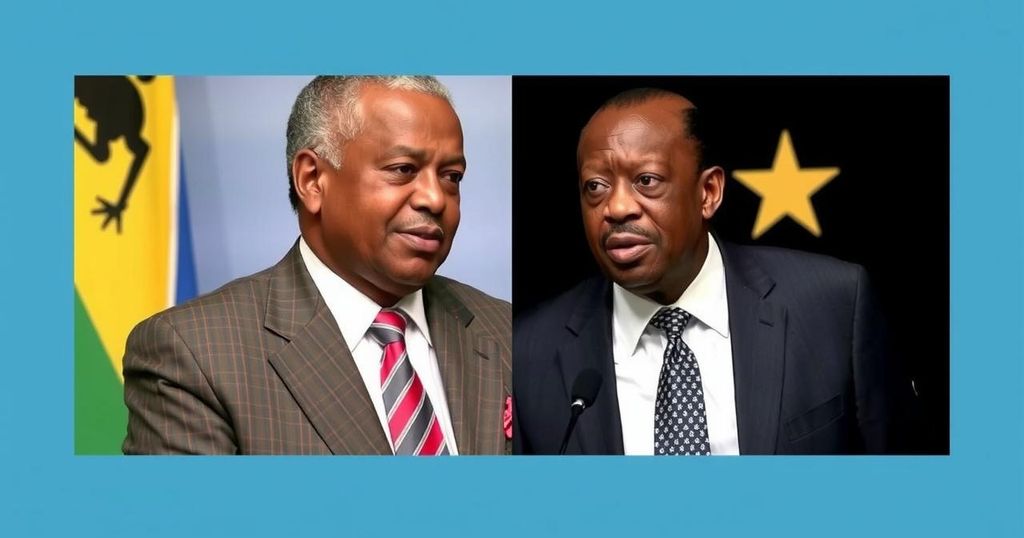Rwanda, DRC Peace Talks Collapse Amid Rising Tensions Over M23
Peace talks between Rwanda and the DRC aimed at resolving the eastern conflict have been canceled amid progress issues over direct dialogue with M23 rebels. Previous ceasefire agreements have seen renewed clashes, worsening the humanitarian crisis in the region, with millions displaced. Local citizens express an urgent need for lasting peace.
Recent peace talks aimed at resolving the ongoing conflict in the eastern Democratic Republic of the Congo (DRC) have been abruptly canceled due to logistical and communication challenges, as announced by the Angolan presidency, the designated mediator in the negotiations. Angolan media officer Mario Jorge informed reporters that the expected summit between Rwandan President Paul Kagame and DRC President Felix Tshisekedi would not take place, though no specific reasons were provided for the last-minute cancellation. The DRC presidency noted that discussions had reached an impasse, primarily over Rwanda’s insistence on direct dialogue with the M23 rebel group, which the DRC government and the United Nations assert is supported by Rwanda.
Amid this diplomatic setback, tensions escalated in the eastern DRC, particularly between the national army and M23 fighters, leading to new military confrontations. The DRC army has accused the M23 of civilian casualties, while the rebel group dismissed these claims as government propaganda. This ongoing unrest has exacerbated an already dire humanitarian situation, with millions of people displaced by the violence. Historical context suggests that this region has long been plagued by conflicts involving various armed groups, with M23 being one of the most prominent, actively engaging for control over resource-rich territories.
In earlier discussions, the foreign ministers of Rwanda and DRC had tentatively agreed on conditions for Rwandan troops to disengage from eastern DRC, following a ceasefire signed previously. However, recent clashes have highlighted the fragility of this agreement. Furthermore, United States officials expressed serious concern over reported ceasefire violations attributed to the M23, emphasizing the need for urgent resolution to stabilize the situation in the region. Those living in the conflict-affected areas, such as Aline Kasereka, a mother of six, have expressed desperation for peace, stating, “We are tired of the war, every day we move, we do not know in which country we are any more.”
The eastern Democratic Republic of the Congo has been embroiled in conflict for many years, primarily driven by the presence of numerous armed groups fighting for control over its abundant natural resources. Notably, M23 is one such group that has purportedly received support from Rwanda. The ongoing violence has led to significant humanitarian crises, with over seven million individuals displaced from their homes. Peace talks have been attempted in the past, but clashes frequently erupt, complicating efforts for a sustainable resolution. The role of external mediators, such as Angola, highlights the regional implications of this conflict and the need for diplomatic solutions to effectively address the underlying issues.
The cancellation of the peace talks between Rwanda and the DRC underscores the complexities and challenges faced in achieving stability in eastern Congo. Ongoing military confrontations and disagreement over conditions for dialogue highlight the precarious situation on the ground. The urgent need for a lasting resolution is echoed by local voices affected by the conflict, who seek an end to the violence that has displaced millions.
Original Source: www.aljazeera.com




Post Comment